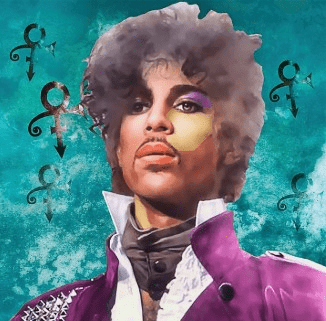and
Trust
Withdrawal is made of physical and mental symptoms.
Name one physical symptom of withdrawal.
What is dehydration, diarrhea, salivation, constipation, body pain, tense muscles, sweating, shaking?
Also accepted:
There are many. Jeopardy judge can decide.
Fill in the blank:
The Minnesota Model is one type of _____ treatment.
What is addiction?
Fill in the blank:
One ____ at a time.
What is day?
Also accepted:
Step
Over-apologizing is saying this more than once or saying it about things that do not need to be apologized for.
What is sorry?
HALT makes us more vulnerable to triggers. Each letter stands for a need that we should address first if we feel like using.
Name two of the four things that HALT stands for.
What is Hungry, Angry, Lonely, or Tired?
Withdrawal is made of physical and mental symptoms.
Name one mental symptom of withdrawal.
What is anxiety anger, depression, uneasiness, sadness, irritability, or desperation?
Also accepted:
There are many so Jeopardy Judge can decide.
This treatment center in Bloomington, MN and owned by Yussuf Shafie was one first of its kind in the United States.
What is Alliance Wellness Center?
Fill in the blank:
A bad attitude is like a flat tire. You can't really go anywhere unless you ____ it.
What is change?
Also accepted:
replace or fix
Being open about these lead to closer and more loving relationships.
Hint: Happiness and anger are two examples of them.
What are emotions?
Also accepted:
feelings
Fill in the blank:
Nostalgia is thinking about or glorifying ______ of past substance use. This is one of the brightest red flags for triggers and relapse.
Hint: It begins with the letter M.
What are memories?
Not treating withdrawal symptoms can lead to this.
Hint it begins with an R.
What is relapse?
 This famous Minnesotan musician died of an opioid overdose in 2016.
This famous Minnesotan musician died of an opioid overdose in 2016.
Who is Prince?
Fill in the blank:
Every storm runs out of _____.
What is rain?
Fill in the blank:
Trust is built gradually.
Don't expect too much too ____.
What is soon?
Also accepted:
quickly
Fill in the blank:
Not getting help for mental ____ issues can lead to being more vulnerable to triggers. Having a mental health issue like ADHD or depression and having addiction is known as having a co-occurring disorder.
What is health?
Fill in the blank:
Repeated substance use can increase or lead to a high _______.
For example, last year Obi only smoked only 2 joints a day. Now he smokes 12 joints a day.
What is tolerance?
This groundbreaking foundation began in Center City, MN and is known for treating famous celebrities with addiction. Hint: Begins with an H.
What is Hazelden?
Stigma equals silence.
Silence equals this.
What is death?
Fill in the blank:
Don't make promises that you can't ______.
What is keep?
Also accepted:
honor or fulfill
Fill in the blank:
If someone forgets their addiction, they may be tempted to have “just one” drink, injection, hit or bump with the expectation that it won’t be a big deal and won't cause relapse. This is called over-______.
What is over-confidence?
Methadone is a medacine to help treat this kind of substance use withdrawal.
What is opioid?
In 1919 the Volstead Act, which was created by a Minnesota congressman, led to Prohibition. Prohibition banned THIS across the United States. 
What is alcohol?
Also accepted:
beer, wine, tonic, liquor, etc.
Between stimulus and response there is this.
What is our freedom to choose?
Also accepted:
choice, will, a gap, freedom, a pause
 One of the best ways to improve a relationship is to improve communication. One of the best ways to improve communication is to use these.
One of the best ways to improve a relationship is to improve communication. One of the best ways to improve communication is to use these.
Hint: You can also use them with a boat or canoe.
What are OARS?
To keep emotions from causing a relapse, people in recovery need to learn these kinds of skills.
Hint: It begins with the letter C.
What are coping skills?